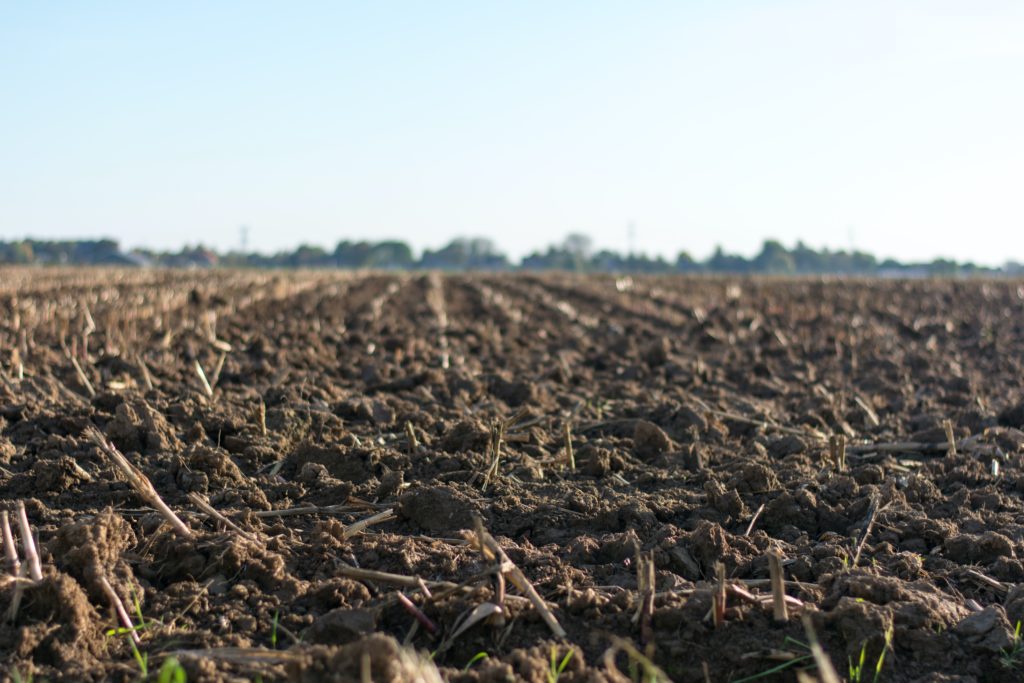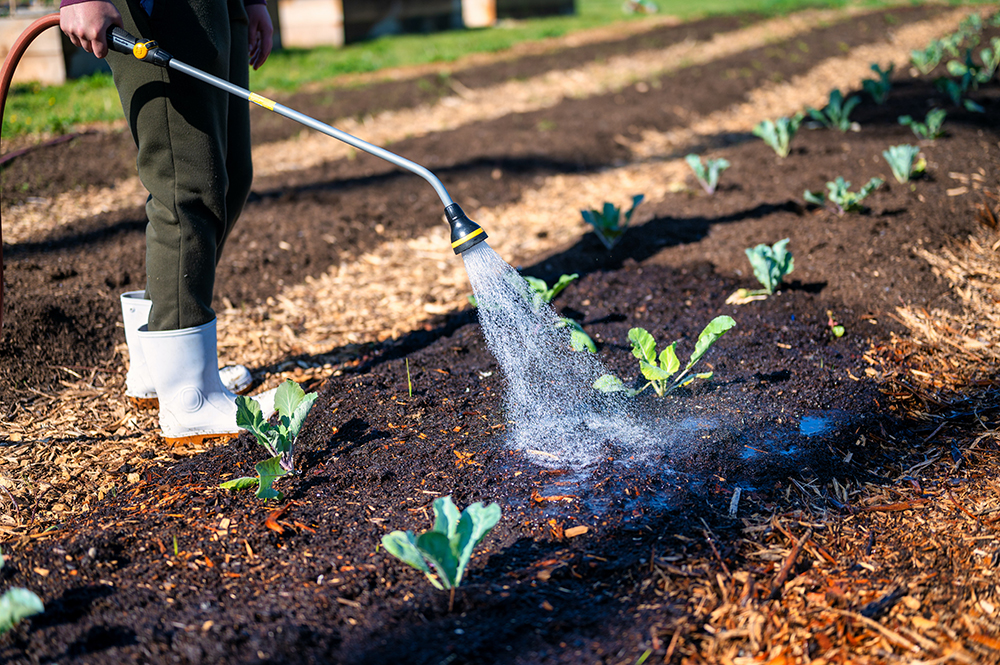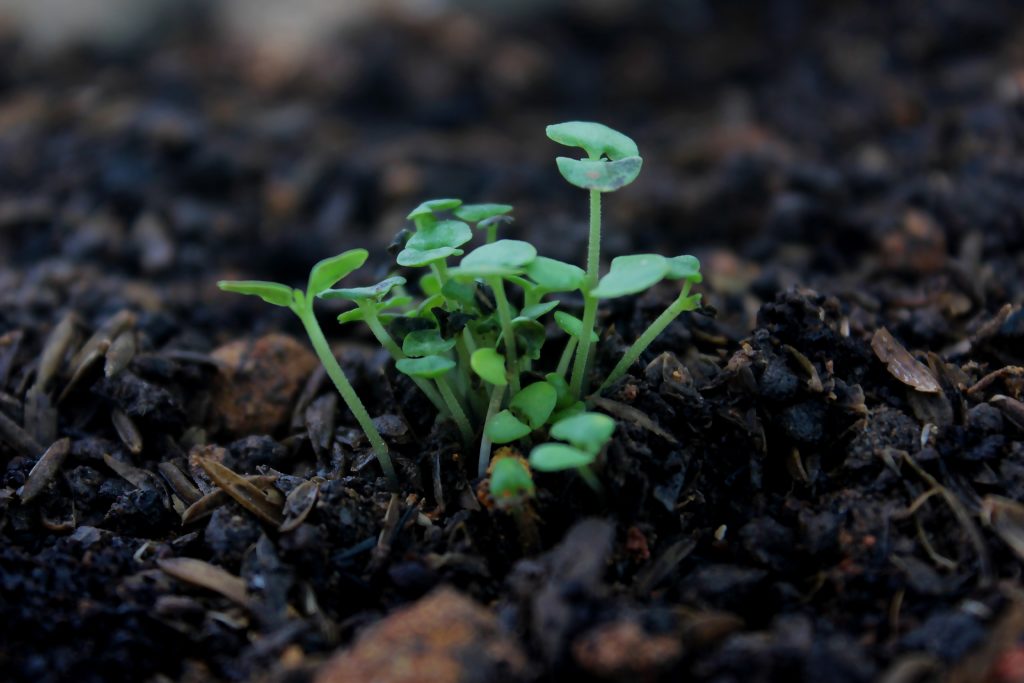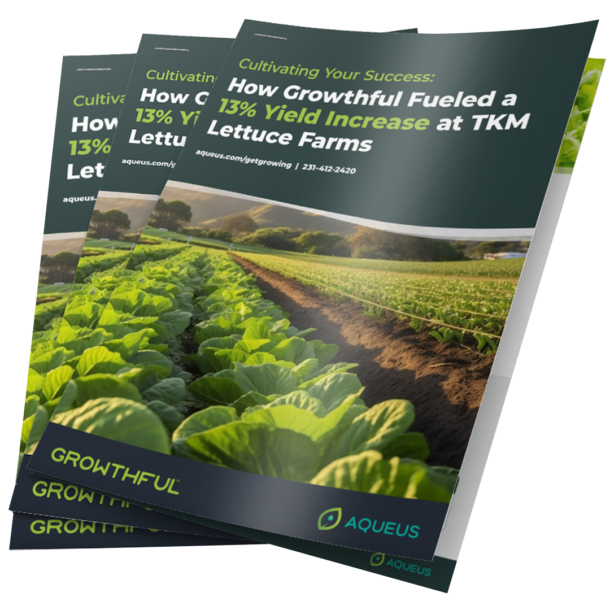
Organic soil is a type of soil that does not contain chemical ingredients like pesticides, fertilizers, herbicides, or fungicides. It is composed of ingredients from natural resources only, which are certified as organic. Some of the typical organic soil amendments are organic manure, compost, and mulch. There are several benefits offered by this type of soil.
Here are the top 7 benefits of organic soil:
High Nutrient Content
If the soil in your garden contains organic matter, the soil will have a lot of important nutrients for plants, including potassium, phosphorus, and nitrogen. Unlike chemical additives that strip the soil of essential nutrients and cause unnaturally fast growth of plants, this kind of soil promotes slow and steady plant growth.
Abundance of Essential Microorganisms
This soil type has millions of important bacteria and various microbes. These are especially helpful if you are growing hardy plants. Bacteria, for instance, are the vital workforce of soils. They are the last step of breaking down nutrients before releasing the nutrients to the root zone of plants. Larger microbes like protozoa eat and are surrounded by bacteria. Actually, the nutrients that are consumed by bacteria are released when microbes like protozoa consume the bacteria.

The Environment is Kept Clean from Chemicals
Whenever you water your garden or when it rains, there is some water that flows elsewhere in what is called runoff. If your soil is not organic and you make use of chemicals, the chemically tainted runoff can get into groundwater and sources of drinking water.
Better Soil Structure
When compared to chemically treated soils, the organic type usually has a better physical structure. This is because the organic matter clumps and forms a collection of soils, producing a soil composition that is more porous and aerated.

Better Water Retention
Organic soil, when compared with chemically treated soil, absorbs and keeps water from irrigation or rain better. The water penetrates the soil quickly and more effectively. What that means is that the plants receive more water than the water which is lost to runoff.
Fewer Diseases
There are common plant diseases that result from nutrient deficiency. Because organic soil has a lot of nutrients, it is unlikely that your plants will have such diseases. Plus, because there is more activity of soil microorganisms, some of them can help fight off diseases.

Prevent Soil Erosion
The soil contains organic matter, which creates a stable soil structure, and such soil structure results in increased water infiltration. The overall result is a landscape configuration that is more stable.
These days, because many people are trying to eat healthily, they would much rather eat foods that are grown organically. So, whether you want to grow organic fruits and vegetables in your backyard for your own consumption or you want to do it large scale and start a business, organic soil will help you achieve that goal.






